Just south of the Amalfi Peninsula is the coastal city of Salerno. This was an important landing site for the allied forces in the Second World War. Since then it has been a town that has suffered from high rates of unemployment, lack of investment and a general decline. However in the early Middle Ages this town was famous for its thriving port, natural harbour and exceptional medical school. The medical tradition started here with a monastery and a dispensary run by the monks – probably as early as the 8th century. Strategically located between the coast and the mountains the monks created a herb garden where they could grow and experiment with plants. All types of herbs were grown, some poisonous, some known to have healing properties. An ingenious system of pumps was built into the hillside so that the terraced garden had a reliable water supply. A series of ponds, waterfalls and streams created a flow of water to the flower beds and vegetable patches. You can imagine that this hillside of water courses, plants, herbs and flowers must have been a delightful place to be on a hot summer day in the Mediterranean.
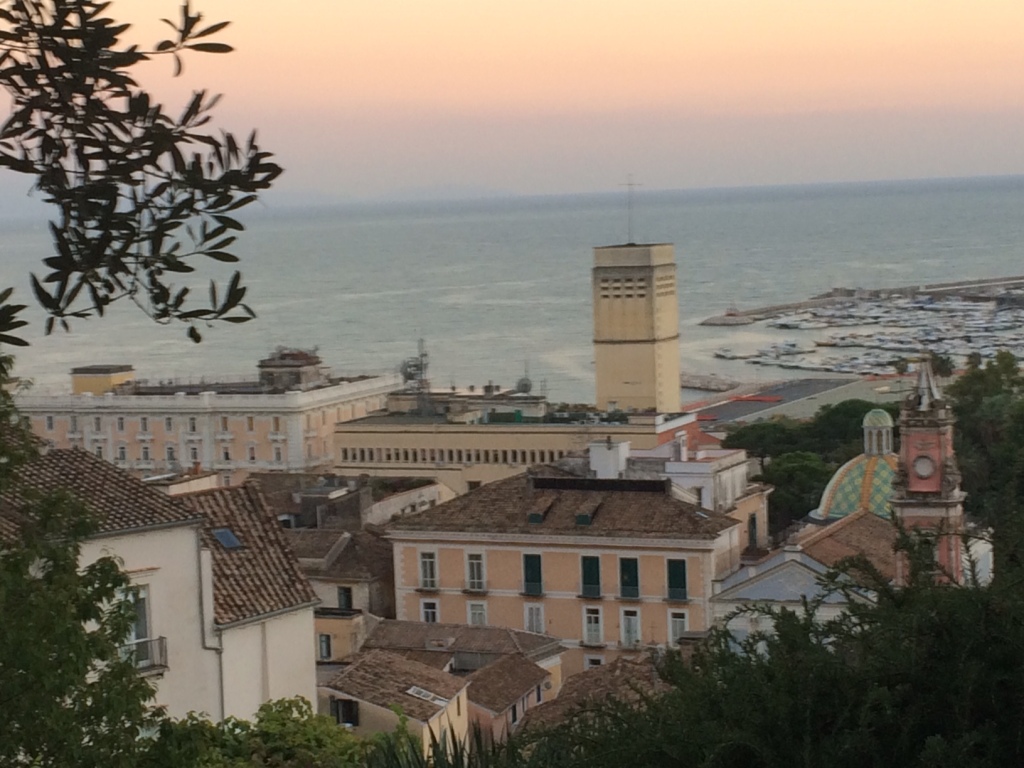
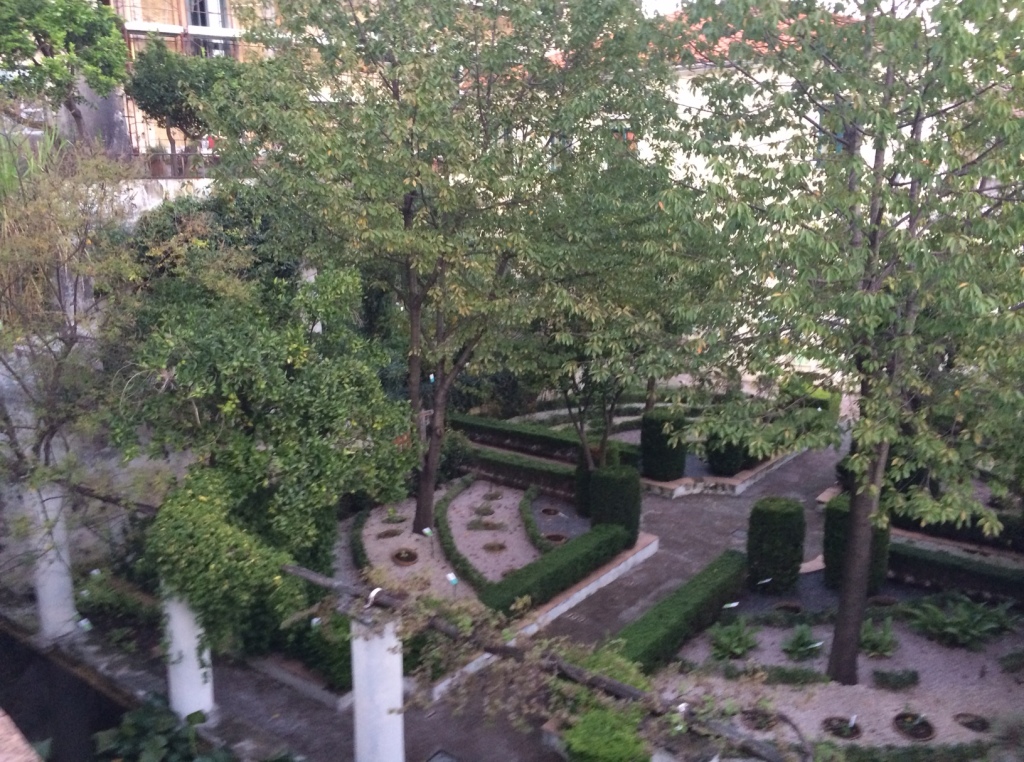
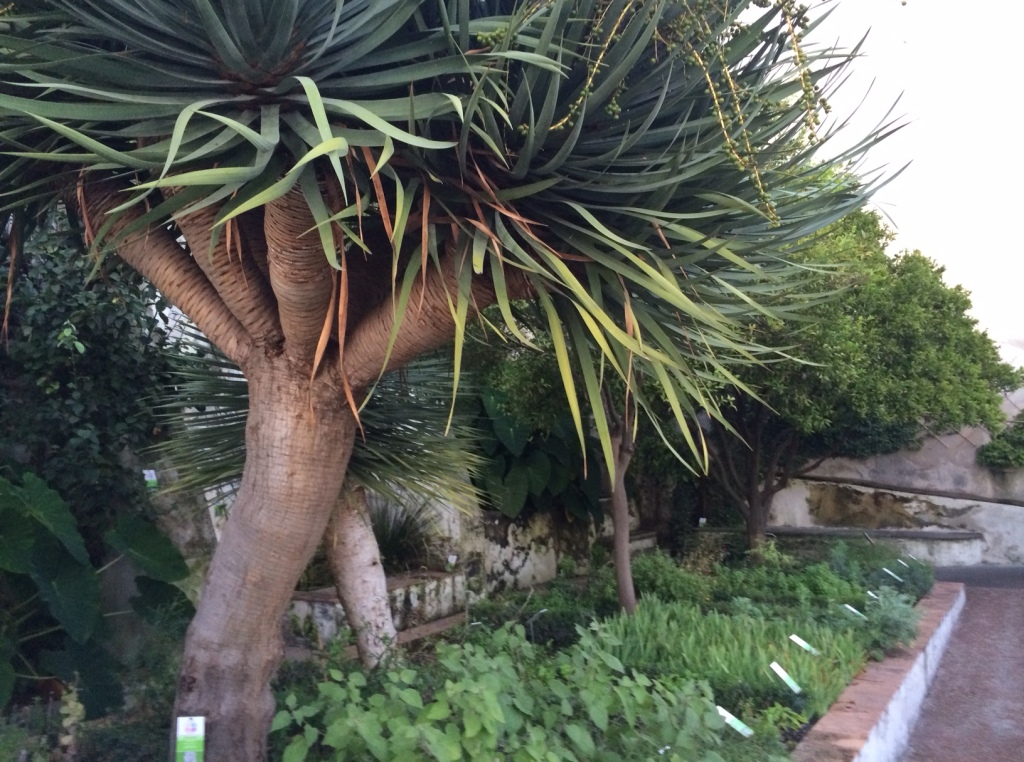
The Medical School developed here from about the 9th century; Greek, Roman, Jewish and Arab scholars worked together – sharing their knowledge and developing their understanding of the human body and the effects of disease. Numerous women worked and taught here too. Francesca Romana is listed as a surgeon in the 12th century whilst Trotula de Ruggero wrote on gynaecological issues and women’s health associated with childbirth. By 1231 the fame of ‘Scuola Medica Salernitana’ was so great that the Emperor Frederick II decreed that only doctors trained in Salerno could practise medicine. The town started to call itself ‘La Citta Ippocratica’. The City of Hippocrates.
I love the idea that in Southern Italy there was a Medical School where Jewish, Christian and Islamic scholars worked together to advance ideas about medicine. Patients came from near and far to be treated.The doctors would use the plants and herbs in their terraced garden to create poultices, tisanes and even simple tablets in an attempt to treat various ailments. It is fascinating to think that almost one thousand years ago doctors were considering how to combat disease, how to ensure that we lived longer and how to combat head aches, muscular damage and other every day ailments. The goal, even then, was to extend the individual’s life and improve the quality of their existence.
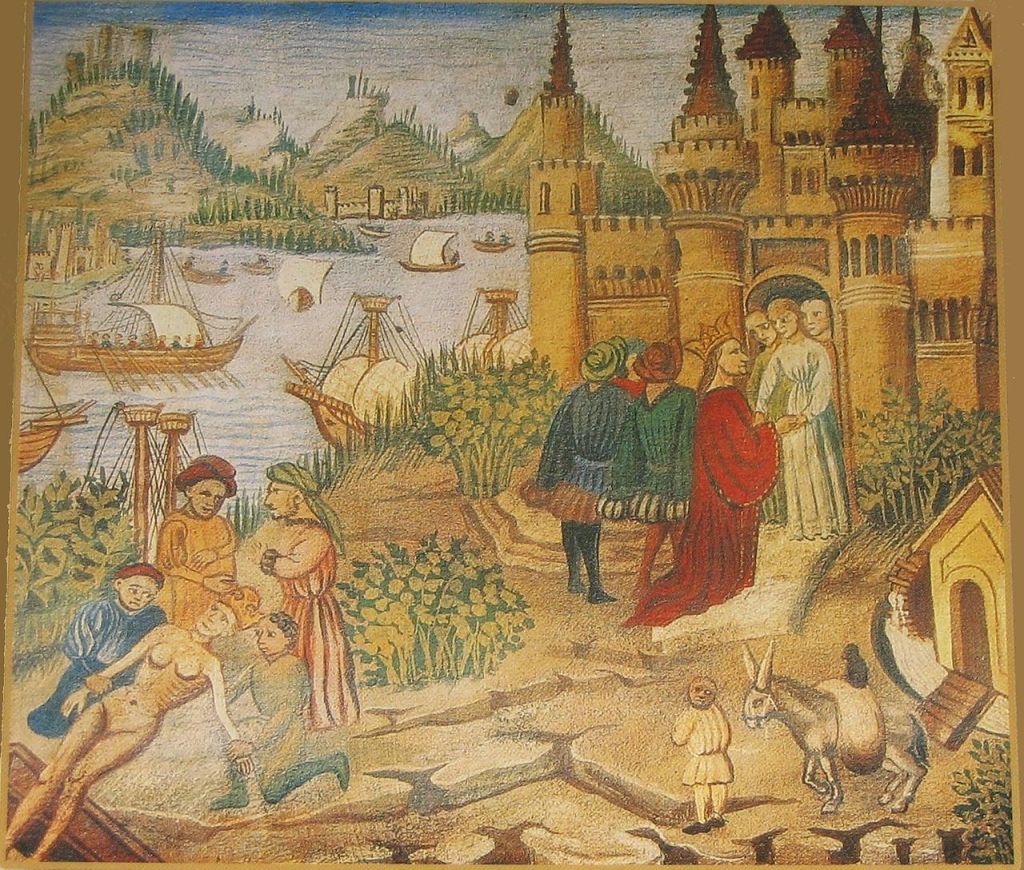
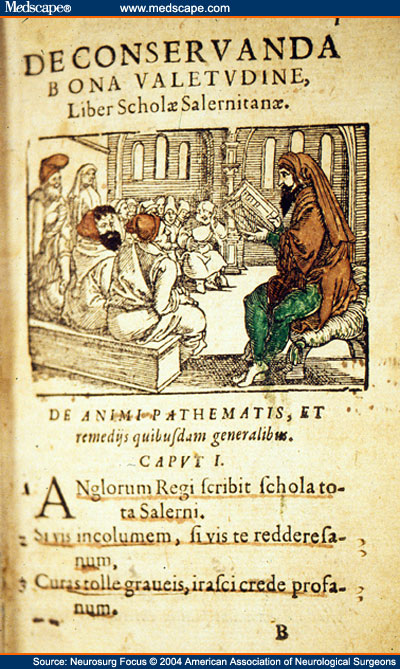
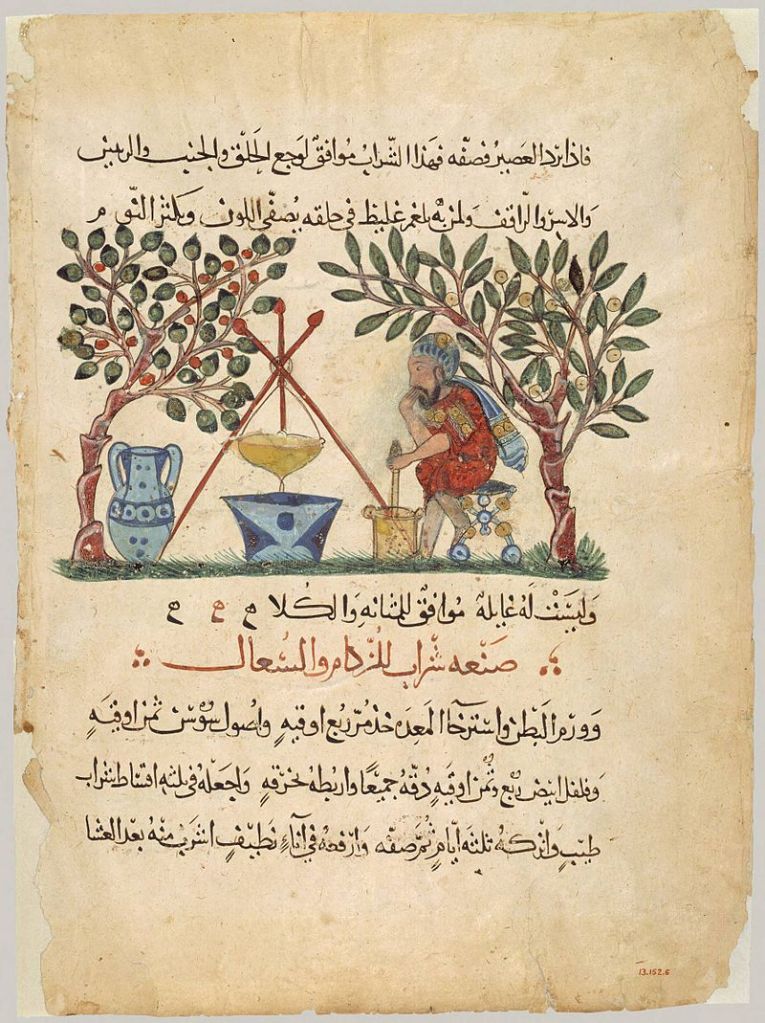
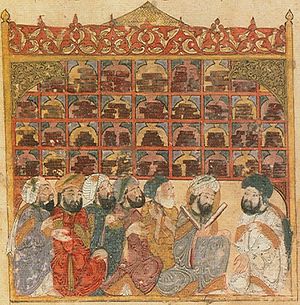
It seems to me that the Medical School at Salerno was a wonderful example of tolerance and co-operation. People from different backgrounds and faiths, men and women, working together to expand their knowledge and to learn for our collective benefit. This is a vital lesson for people today. We must focus on the common good, work together in harmony to strive for better. It is the responsibility of each of us to be the best we can possibly be. It is our duty to contribute to our magical environment in whatever way we can. We must strive to honour and appreciate this fabulous life.
Notes:
- This is a link to a short video on The Medical School of Salerno
- The video is in Italian, it is short, and there is good imagery.
- It makes the point that women were fundamental in the development of early medical practises. Tortula de Ruggiero as a skilled gynaecologist is mentioned.
- In 1161 the brothers Johannes & Mattheaus Plantearius produced ‘Liber de Simplici Medicina’ in Salerno. The Book of Simple Medicine. This was later republished in Paris and Brussels (c.1500).
- The Hospital in Venice recently had an exhibition about the ‘History of Medicine’ the medical school at Salerno was mentioned as an important centre of learning. Read more here: Venice – from cradle to grave
- You might also enjoy Sanatorium for the Mind about Gladstone’s Library. This library is one of my favourite places to read, study and think. A place of tolerance and tranquility. The idea that a library is a ‘Sanatorium for the Mind’ comes from the monastic library at St Gallen, Switzerland. I love this idea – a library is the ‘Sanatorium for the Mind’.
ENJOY!

Wonderful thoughts, Janet. I love reading facts written in story form!
LikeLiked by 1 person
Thank you Mary Lou – such an important philosophy for life – love and understanding.
LikeLike